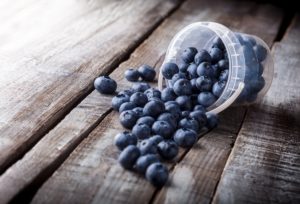
A urinary tract infection (UTI) is no fun. It’s irritating, painful, stressful, and a big knock on quality of life. If you’ve been through one—and 60 percent of women will experience at least one in their lives—you certainly don’t want another. The thing is, roughly a quarter of women who get a UTI will have another within six months.
New research from the Washington School of Medicine in St. Louis might explain why. Using a mouse model, researchers determined that in some cases, the immune system goes into overdrive in its attempt to battle infectious bacteria, potentially causing harm to the bladder. This harm leaves the area susceptible to future infection. One immune-molecule, in particular, may be the most significant factor.
TNF-alpha immune response may cause the tissue damage to raise risk, and targeting its response may prevent, or mitigate, repeat UTIs. That may help doctors develop new treatments, so we’ll see what happens. But if you’re looking for ways to lower risk for potential UTIs, here are some things to do right now:
- Eat cranberries/drink cranberry juice: Cranberries contain a compound that may prevent bacteria from sticking to the lining of your urinary tract.
- Eat blueberries: Blueberries may also work to keep bacteria from sticking to urinary tract lining. You can eat on their own or sprinkle them on yogurt or cereal.
- Stay hydrated: Drinking fluids can help flush potential bacteria out of the area
- Get plenty of vitamin C: Vitamin C rich foods and supplements may help increase acidity of your urine, which might kill or prevent bacteria from growing.
- Probiotics: May encourage the growth of healthful bacteria to defend against harmful infectious strains.